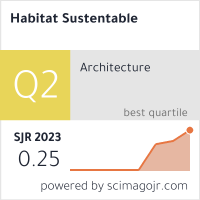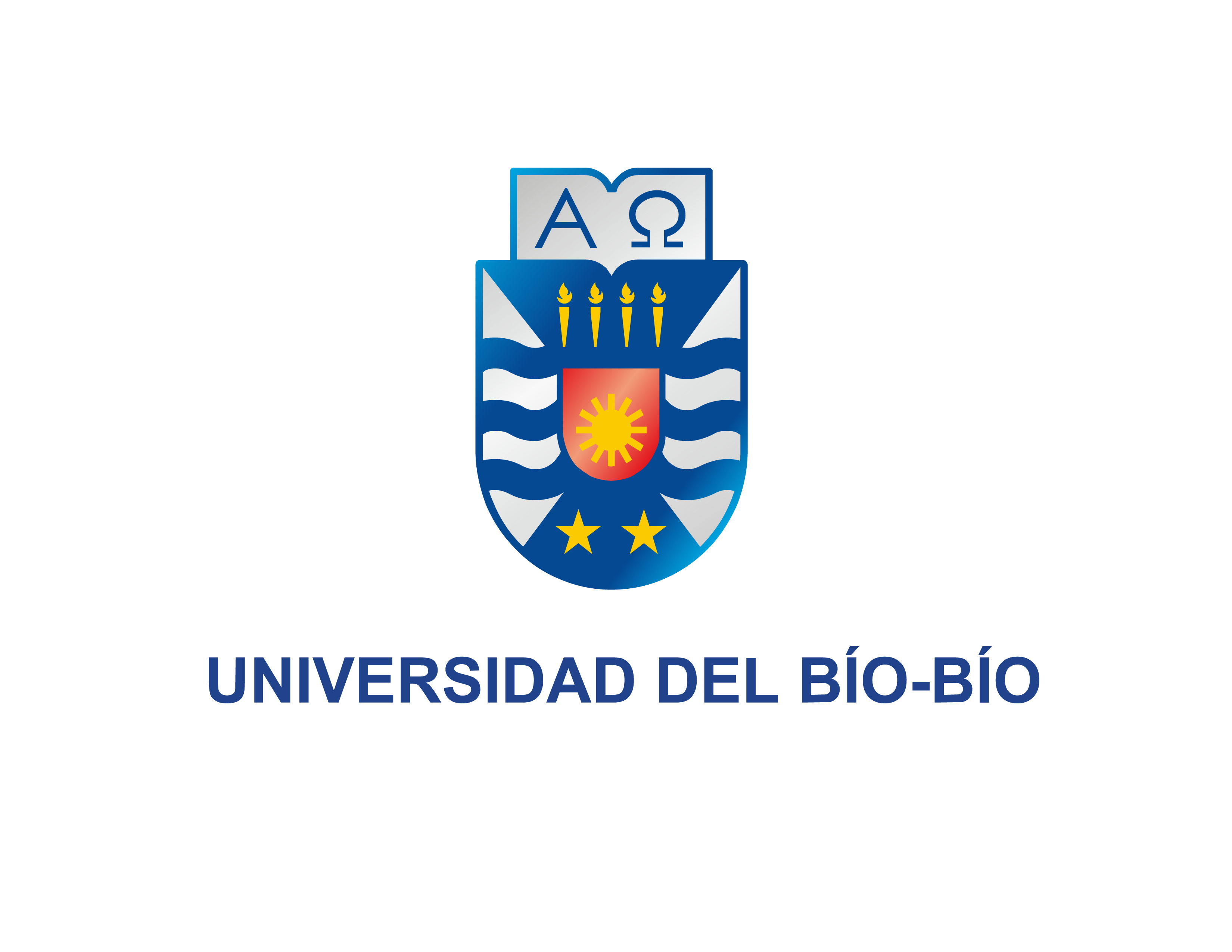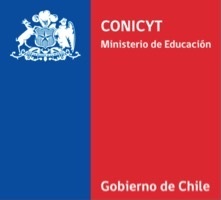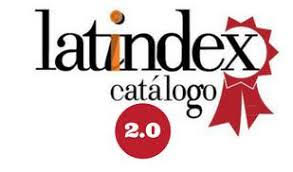Geothermal resource use for heritage conservation in a sustainable tourism development proposal. Case in Argentina
Keywords:
tourism strategy, renewable resources, heritageAbstract
Environmental and cultural heritage conservation is considered one of the main topics in sustainable development of societies. San Juan territory, in Argentina has mountain valleys with villages they need a conscious management of its heritage, avoiding marginalization of its autochthonous people under the influence of local processes, due to tourism and mining activities without planning. The aim of this work is to design a tourism strategy to lead the development of the territory, considering the use of renewable geothermal energy resource as a measure of preserving the natural ecosystem. To attain this purpose, a field study allows getting a diagnosis on basins and natural geothermal springs, highlighting variables as mineralization, flow and temperature. Among the results, the heritage value is determined as a cultural landscape unit (Unidad de Paisaje Cultural, UPC), within which, the area of Las Flores (UPC7), is identified with the best mineral mud quality for health applications and strategic location for the development of a thermal village. The promotion of tourism with its own identity and social co-participation of local people, leads to rational use of heritage resources, minimizes environmental degradation, ensure a continuity of culture in time and is a thrust for sustainable development.
Downloads
Downloads
Published
How to Cite
Issue
Section
License
The content of articles which are published in each edition of Habitat Sustentable, is the exclusive responsibility of the author(s) and does not necessarily represent the thinking or compromise the opinion of University of the Bio-Bio.
The author(s) conserve their copyright and guarantee to the journal, the right of first publication of their work. This will simultaneously be subject to the Creative Commons Recognition License CC BY-SA, which allows others to share-copy, transform or create new materials from this work for non-commercial purposes, as long as they recognize authorship and the first publication in this journal, and its new creations are under a license with the same terms.











 Scientific Information Program/Concurso Fondos de Publicación de Revistas Científicas 2018/ Proyecto Mejoramiento de Visibilidad de Revistas UBB (Código:FP180007).
Scientific Information Program/Concurso Fondos de Publicación de Revistas Científicas 2018/ Proyecto Mejoramiento de Visibilidad de Revistas UBB (Código:FP180007).





